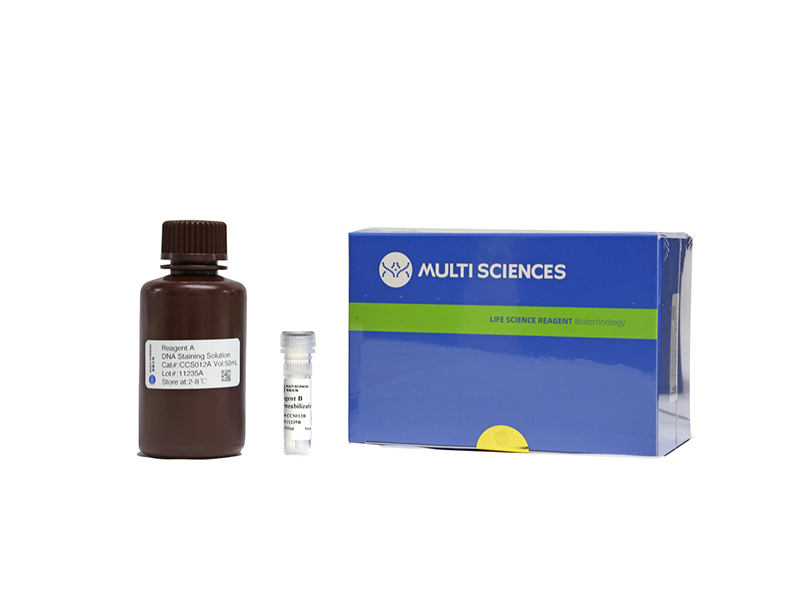As the sixth most prevalent cancer, hepatocellular carcinoma (HCC) is the third leading cause of cancer-related deaths worldwide. Human replication protein A (RPA), a three-subunit protein, plays a central role in eukaryotic DNA replication, homologous recombination, and excision repair, including RPA1, RPA2 and RPA3. Recently, some studies focusing on the relation between RPA1 and carcinogenesis have demonstrated that RPA1 is a candidate oncogene and influences tumor biological behaviors in many cancers such as esophageal carcinoma, colon cancer, urothelial carcinomas, etc. However, the characteristic role of RPA1 in HCC and the detailed potential mechanism remain unknown. To identify the real effects of RPA1 on HCC and its potential pathway participating in the changes of liver cancer cells, we have conducted this study and demonstrated that RPA1 is up-regulated both in liver cancer cell lines and HCC tissues, which is associated with poorer prognosis, advanced TNM stage and larger tumor size. Stable knock-down of RPA1 by specific small hairpin RNA (shRNA) contributes to the impaired proliferate ability of SK-HEP-1?cells both in?vitro and vivo. Consistently, upregulation of RPA1 in HuH-7?cells by specific adenovirus promotes tumor cells' proliferation. Furthermore, cyclin-dependent-kinase 4(CDK4)/Cyclin-D pathway is found to be well associated with RPA1 induced proliferation. In conclusion, RPA1 plays a pivotal role as a potential oncogene in HCC and promotes tumor proliferation via CDK4/Cyclin-D pathway.
文章引用产品
-
-
- CCS012 1190 Citations
- 周期试剂盒
Cell Cycle Staining Kit 细胞周期检测试剂盒
-
¥390.00
-
- CCS012 1190 Citations
- 周期试剂盒
Cell Cycle Staining Kit 细胞周期检测试剂盒
- ¥390.00



